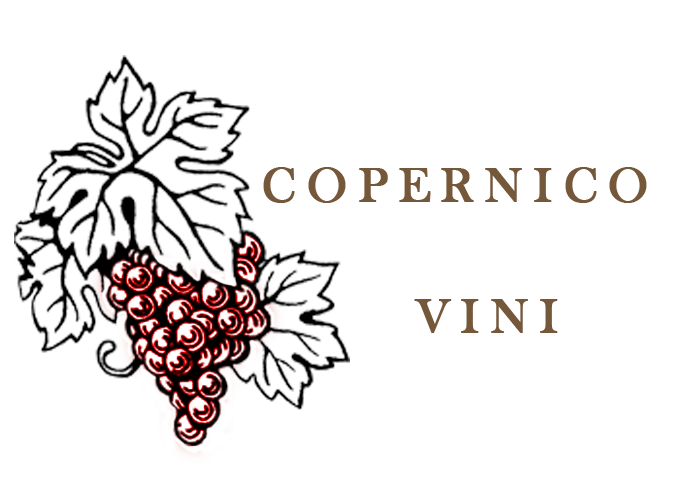The impacts of high alcohol consumption on your eyesight
No reliable sourcing indicates how many people experience vision issues due to alcohol. The National Institute on Alcohol Abuse and Alcoholism (NIAAA) defines drinking in moderation as limiting intake to two drinks or less per day for males and one drink or less per day for females. Retinal-image quality and night-vision performance after alcohol consumption.
- Optic neuropathy can also develop as a result of accidental methanol poisoning.
- It has been suggested that men drink no more than 4 units per day and women drink no more than 3 units per day.
- When you drink alcohol, your vision may change in various ways during and shortly after drinking.
- This is because alcohol dilates the small blood vessels in your eyes.
An eye doctor can recommend the most appropriate treatment following a thorough evaluation of the person’s diplopia. A 2017 study found that vision therapy improved vision problems, including convergence insufficiency, in people with vision problems caused by concussion. A prism put into glasses can also help to realign the images from each eye. Prisms can be stick-on (temporary) or permanently ground into the lenses. Stick-on prisms are generally reserved for temporary diplopia or when trying different strengths of prism before getting a permanent one. However, people should remain cautious of Botox treatment in general, as there are certain contraindications.
How Can Alcohol Affect My Vision and Eye Health?
When this happens, you may have blurred vision or double vision due to weakened eye-muscle coordination. Treatments will vary greatly based on a person’s symptoms blurry vision after drinking alcohol or health conditions that develop as a result of alcohol use. A person should talk with a doctor about treatment options that will work for them.

The long term effects of alcohol on the eyes and vision can be permanent if not caught and treated in their early stages. Most importantly, the best thing you can do to prevent alcohol abuse from affecting your eyesight is to stop drinking completely. Drinking a lot of alcohol over a long period of time damages the brain and impairs its ability to function. These impairments are caused by the weakening of the muscles in the eye.
Alcohol and Cataract
Researchers think that people who drink heavy amounts of alcohol over a long period of time have an increased risk for diseases like age-related macular degeneration and optic neuropathy. The cause is unclear, but it may be due to alcohol-related vitamin A deficiency. Vitamin B1 (thiamine) deficiency is common among heavy drinkers and alcoholics because alcohol abuse inhibits the absorption of vitamins in the liver.
There are many ways in which binge drinking and drinking in excess affects vision. Here are the most common ways in which short term alcohol abuse affects the eyes. One of the scariest possible consequences of alcohol on the eyes is permanent blindness or vision loss.
The effects of heavy drinking
Over time, alcohol consumption can actually cause permanent damage to your brain cells and neurotransmitters, further weakening the eye muscles and distorting vision. Some temporary vision and eye health problems from drinking can be easily treated. For example, many eye care products can treat dry eyes and reduce redness. To avoid the more severe health consequences, have your eyes checked annually, whether you drink heavily or not. A general eye exam can help you catch and treat eye diseases like macular degeneration before they cause vision loss. More importantly, if you feel you may be addicted to alcohol and experiencing vision loss and other symptoms of alcoholism, seek treatment with an addictions centre or Alcoholics Anonymous in Edmonton.
Although somewhat debated, some believe that drinking reduces some of the antioxidants in your system – and these antioxidants are the ones that protect against eye diseases specifically. You may be at a higher risk of developing cataracts and other eye diseases if you drink heavily. On the other hand, if you drink heavily or often, you are at a much higher risk for short-term changes in your vision as well as permanent damage. The more you drink in one sitting, the more likely it is that you will have blurry vision and dizziness. Your muscles might not move as effectively while you are under the influence of alcohol.
If you regularly consume alcohol and dry eyes have become an issue, it may have to do with alcohol’s inflammatory and dehydrating properties. There is no single treatment, so individuals receive treatment depending on their symptoms. Researchers have noticed that heavy drinkers are likelier to have low levels of protective nutrients such as zinc and vitamins (B12 and folate).

Partial hospitalization and intensive outpatient programs are also available. Here are some of the most common ways that alcohol can affect the eyes. Not only can drinking contribute to DED, but it may also make existing DED symptoms worse. Dry eye symptoms can persist even after stopping drinking, and alcohol withdrawal may cause issues with tear production.
Find Help at Vertava Health
An Optometry and Vision Science study found that moderate drinking may have a protective effect against cataracts. The study also found an increased risk of developing cataracts among heavy drinkers — those who drank more than two drinks (20 grams of alcohol) a day. While dry eyes may not seem like a problem, over the years it can be.



 English
English